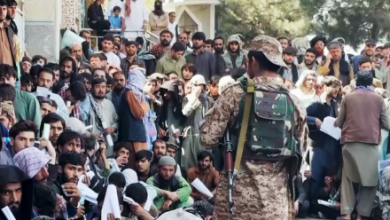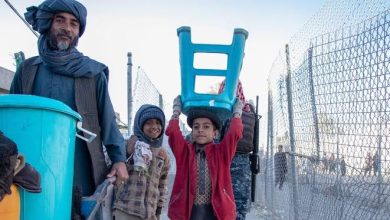Pakistan Deports Over 20,000 Afghan Families in Five Months
In the last five months, Pakistan has forcibly deported more than 20,000 Afghan families via the Torkham crossing, marking a significant increase in forced returns. This is part of a broader campaign intensified since early 2025, with tens of thousands of Afghans expelled amid tightened immigration controls and security concerns cited by Pakistani authorities.
Resettlement and Distribution in Afghanistan
Baz Mohammad Abdul Rahman, Director of Refugees and Repatriation in Nangarhar province, reported that approximately 70% of these deported families have been resettled in Nangarhar, with the remaining 30% relocated to other provinces. Specifically, 14,316 families, totaling 68,591 individuals, have been settled in Nangarhar alone, out of nearly 98,000 returnees overall.
Challenges Faced by Returnees
Many deported families face severe difficulties securing shelter and basic necessities upon return. They urgently call on Afghanistan’s interim government and aid organizations for assistance in housing and support. Returnees describe hardships including paying bribes at the border, lack of transportation, and the burden of moving belongings under harsh conditions.
Voices from the Deportees
Arman Khan, a recently deported Afghan, recounted being forced to pay two thousand rupees to Pakistani police at the Torkham crossing to be allowed passage. Another deportee, Mir Ahmad Khan, expressed hope that with just one year of support, families could regain stability, urging for humanitarian cooperation.
Scale of Forced Returns and International Context
According to UN data, since 2023, more than three million Afghan migrants have been forcibly returned from Pakistan and Iran combined. Pakistan’s government has cited national security and economic pressures as reasons for the deportations, while the Taliban administration in Kabul has voiced deep concern over the mass expulsions.
Humanitarian Concerns and Future Outlook
Human rights groups warn that many deportees, including women, children, and vulnerable groups, face risks such as persecution, violence, and economic hardship upon return to Taliban-controlled Afghanistan. The influx strains border regions and local services, highlighting an urgent need for coordinated humanitarian response to address shelter, food, and medical needs.
This expanded report outlines the scale, impact, and human stories behind Pakistan’s recent deportation campaign against Afghan families, emphasizing the urgent humanitarian challenges that follow.





